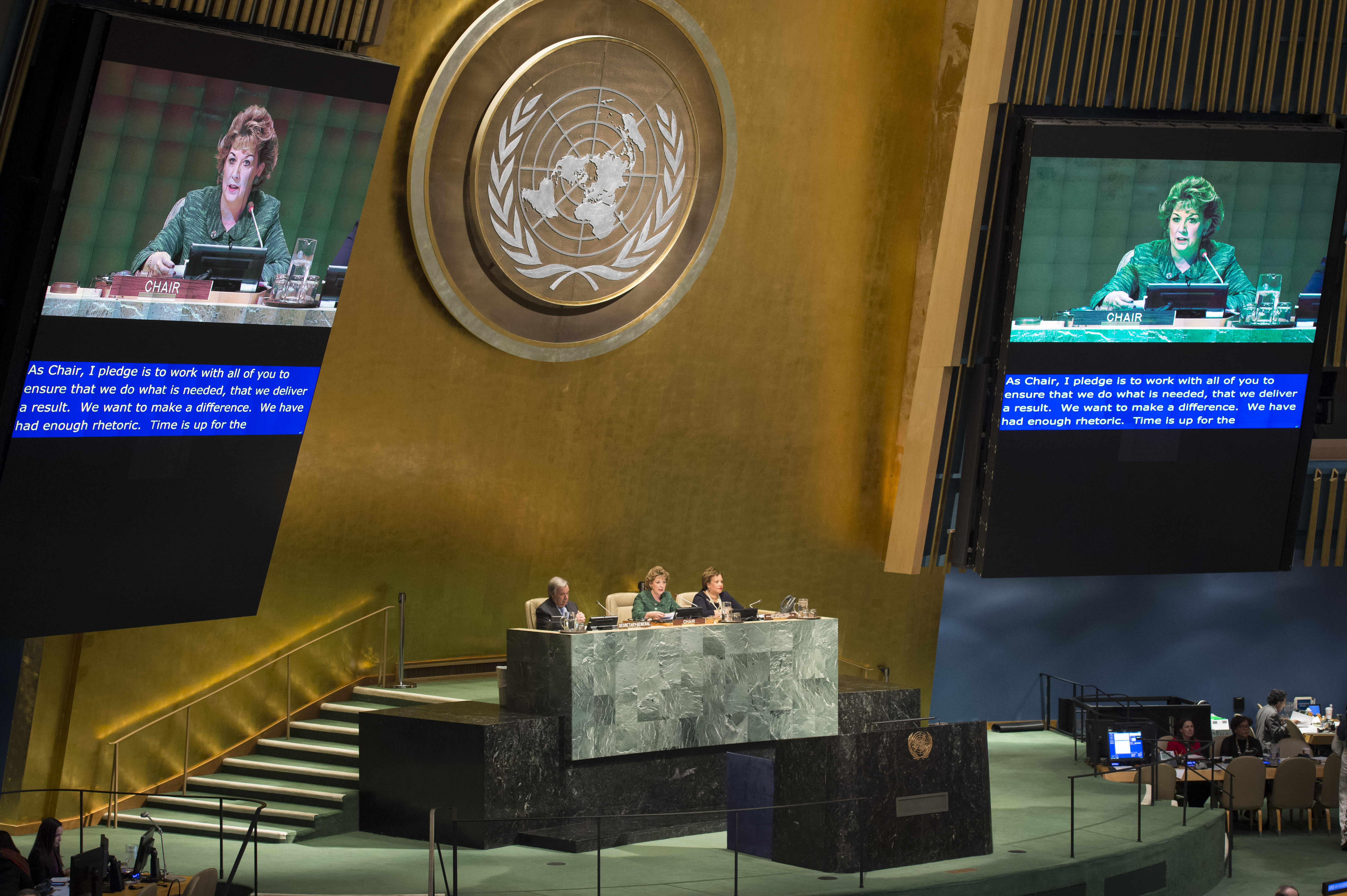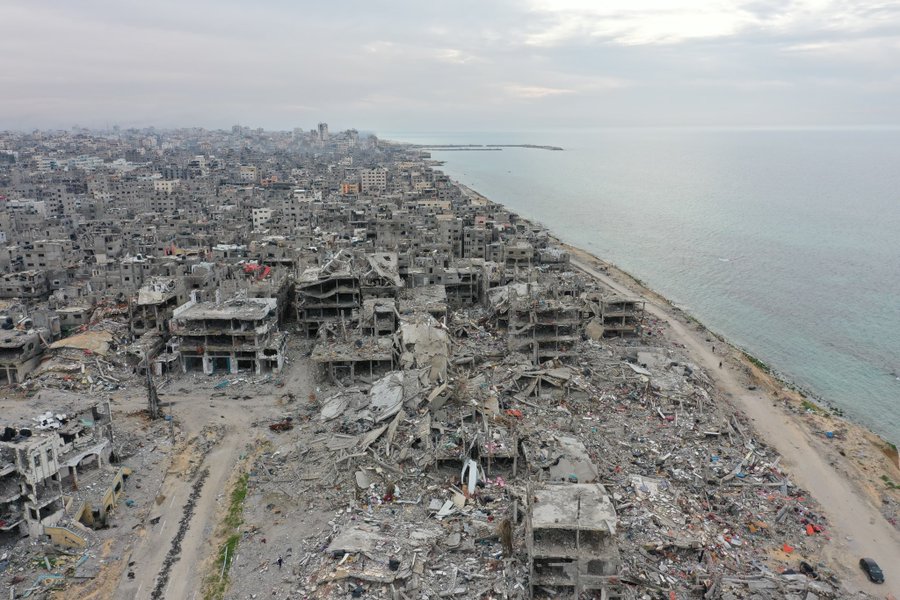Women, Girls and Gender-Based Violence: From Suffering in Silence to Speaking Out
As a board member of the UNA-Miami chapter and founder of Latina Founders, which helps empower and bridge gaps for Latina professionals, I was ready to learn as much as I could at CSW63 about the theme to connect social protection systems, public services and sustainable infrastructure.
I was happy to see how often the slogan “Leaving No One Behind” was highlighted within the context of SDG #5. However, what stood out the most to me at CSW63 is that on top of every other hurdle that women and girls face—such as gaps in access to education, healthcare and economic opportunities—they also endure gender-based violence (GBV). This disturbing trend became clear to me by the last day of session, possibly because of my sensitivity to the “me too” movement.
GBV can take many forms, including: domestic violence, intimate partner abuse, rape/sexual assault, verbal and emotional abuse, harassment, threats and female genital mutilation (FGM), among others. In some countries, this type of abuse is justified by cultural norms, while in others, it is upheld by political and religious laws. All of this leads to trauma, PTSD and emotional, physical or sexual wounds, and potentially death.
This is more than just a gender equality issue. In one session on FGM, I learned that according to the Centers of Disease Control, this needless act has affected 500,000 women and girls in the U.S., and the Department of State categorizes FGM a human rights issue. In another session on emergency frontline responders and gender-based violence, H.E. Ms. Geraldine Byrne Nason, the Chair of CSW63, referred to gender violence as a double abuse—a human rights abuse and an abuse of power in vulnerable situations.
Although there were certainly parallel topics in which one would expect to hear about GBV, such as human trafficking, I did not expect to hear this theme reiterated numerous times in discussions not traditionally linked to gender violence.
For example, I attended a session on empowering immigrant women and girls where I met a woman named Lara (name changed), a Nigerian immigrant and social worker living in London and helping other Nigerian immigrants. When I asked her what was the biggest issue she saw in immigration, she quickly answered: domestic violence.
Lara said many of those women suffer in silence for years. They remain silent because they are labeled “bad women” if they speak up and try to separate or divorce from an abusive spouse. Due to their immigrant status, they refrain from discussing or accessing remedies; and because they keep silent, their trauma is not properly addressed and the abuse perpetuates. Lara herself has to be very careful because she and her family (both in England and back in Nigeria) are at risk if it is found that her support has led to “breaking a home.”
The following are a few other topics where GBV was brought up as a threat or challenge:
- In a panel discussing transgender issues, it was reported that violence and murder of transgender women is on the rise. Unfortunately, 57% of transgender women have attempted suicide, exacerbating the situation. The life expectancy of trans women of color is only 35 years old;
- A session on building sustainable global social protection systems shared how 85% of Pakistani women have experienced domestic violence, and few have any legal recourse;
- Another session on female human rights defenders shared how women activists are being threatened and killed with little protections;
- It even came up in a panel of women journalists, where it was found that female reporters were more often attacked online than male reporters, just for being women; and online violence frequently translates to offline violence.
GBV is happening at a much higher rate than most realize—not just in remote villages around the globe, but right in our backyards. Also, due to the nature of power dynamics along with cultural and societal norms and local laws, it is disproportionately underreported compared to other crimes and abuses.
Tying in the theme of CSW63, in situations like these, it is important to be gender responsive, not treating all situations equally. As an example, one social worker at the International Rescue Committee said he may need to dedicate 1-2 hours per month working with a refugee man, but several more hours per woman or girl to address additional issues such as physical and sexual abuse and trauma.
In conclusion, if we are empowered to “Leave No One Behind,” I encourage each of us to take GBV more seriously, to not look away and allow women to suffer in silence any more, and to put women at the center of this issue. Let us help these women have a voice, and speak up when they have none. It is no longer okay to be a bystander; we have shared responsibility and as Lara said, “everyone has a duty to report.” At the very least, each of us has a duty to not stay silent.
Alexandra Figueredo is a board member of United Nations Association-USA Miami Chapter and the founder of Latina Founders community. She may be reached on social media at @OnAMissionAlexs




